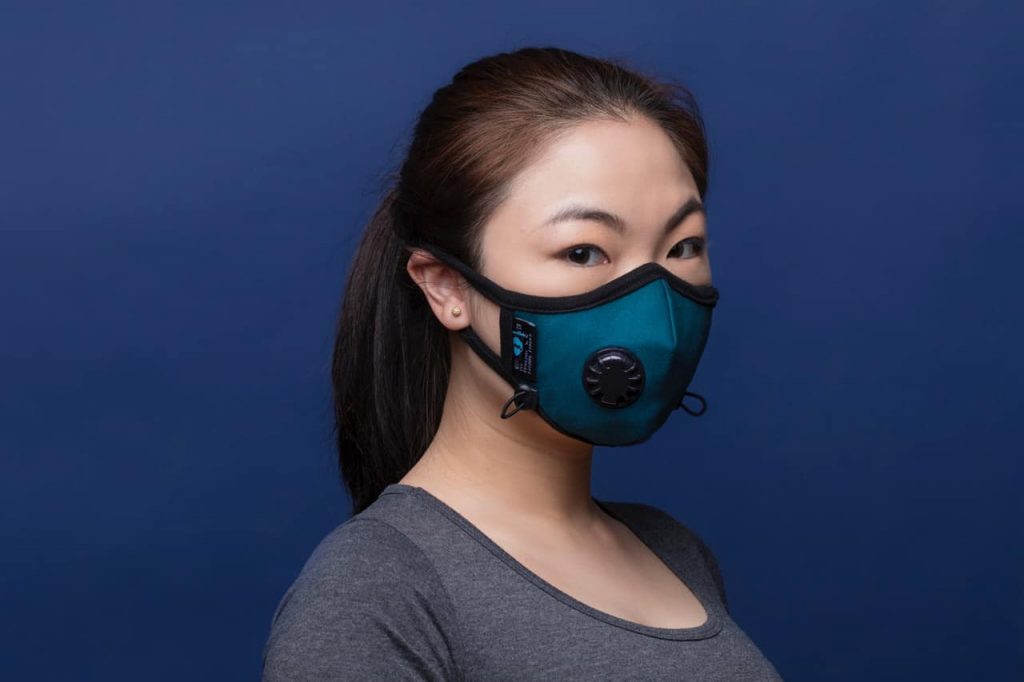
What You Need to Know about COVID-19: the Virus, it’s Symptoms and Protection
A new human-to-human respiratory illness, called coronavirus COVID-19, has been spreading throughout the world. Here we answer a few questions: why are people worried? should they be? what can you do to protect yourself?
What is Coronavirus?
The Coronavirus is formally called “COVID-19” or “novel coronavirus (2019-nCoV)”. It is in the same family of infections like severe acute respiratory syndrome (SARS) and Middle Eastern respiratory syndrome (MERS).
Currently, scientists in China and all over the world are still working to confirm the exact source of the virus. China’s Health Commission vice-minister Li Bin at a news conference in Beijing said the virus can be passed from person to person, but animals are usually the origin of coronaviruses. The infection is thought to have originated in a seafood market which also sold illegal wildlife meat in Wuhan, which now has been closed and sealed off by the local government to limit potential spread.
Beijing also confirmed that the illness is transmitted via the respiratory tract and there is the possibility of viral mutation and further spread of the disease.
Common human coronaviruses, including types 229E, NL63, OC43, and HKU1, usually cause mild to moderate upper-respiratory tract illnesses, like the common cold. Most people get infected with these viruses at some point in their lives. These illnesses usually only last for a short amount of time.
The WHO explained the common signs of coronavirus infection include:
- Respiratory symptoms
- Fever
- Cough
- Shortness of breath and breathing difficulties
In more severe cases, the infection can cause pneumonia, severe acute respiratory syndrome, kidney failure, and even death. This is more common in people with cardiopulmonary diseases, people with weakened immune systems, infants, and older adults.

Why are people worried?
There are several reasons why people are worried about this novel coronavirus as the situation rapidly evolves. On 11th March 2020, the World Health Organisation declared the COVID-19 outbreak a pandemic. The fact that this is the first known coronavirus pandemic our civilization has encountered is a cause for concern. However, guidelines and procedures we have established over the past century to deal with the four influenza pandemics that we have overcome have given us a framework for how to respond to the virus.
Since COVID-19 is a new virus, we have no natural immunity to it and for now, there is no cure. Given that it is also a highly infectious strain, it has been able to spread rapidly throughout our global community infecting almost all countries around the world. As COVID-19’s rate of transmission is extremely high, it seemed to outpace our ability to contain it and draw up regulations around how to alter our daily lives to halt the spread effectively. Most countries have taken strict measures and issued stay at home orders to try and flatten the curve. For some, the disruption to daily life has been huge. Many world economies have taken a hit and some people are struggling with personal finances and poverty due to unemployment, which adds to fears about the future.
Scientists and doctors also suggest that the virus manifests itself differently in each person. Some people may be entirely asymptomatic, meaning they feel and seem perfectly healthy; however, they may test positive for the virus and could spread it to other people. With most of the world running short on testing equipment this adds to the concerns of dealing with such an invisible threat. Similarly, our lack of preparedness in personal protective equipment supplies has added to the panic that people have felt about their safety.
The mortality rate of COVID-19 is still in flux and varies greatly from country to country, especially as data is being recorded differently around the world. However, we know our vulnerable populations are most at risk and the virus has had a devastating effect on elderly care homes across Europe. Conflicting reports about whether children are mostly asymptomatic carriers have clashed with examples of very sick and tragic cases in some countries. Symptoms also seem to vary widely so it can be difficult to self diagnose whether you have the highly infectious virus and may be a threat to the health of others. The incubation period for COVID-19 can also last a couple of weeks before an infected person even realizes they are sick, meaning they are capable of spreading the illness before they know they have it.
For live, up to date information about COVID-19, please use the filling link to keep yourself informed as the pandemic progresses: https://coronavirus.jhu.edu/map.html
Since currently there’s no cure for Coronavirus infection, how to protect yourself from it?

Researchers around the world still looking for a cure or vaccine for the coronavirus infection. The US government suggests the best preventative measures include:
- Washing your hands for at least 20 seconds regularly
- Social distancing – remain 6ft/2metres away from others
- Avoid leaving your home unless it is necessary
- Protect vulnerable people by isolating those with compromised immune systems or older people
- Cover your mouth when you cough or sneeze and dispose of tissues
- Wear face masks to protect yourself and others when you leave your home
- Keep busy at home, socialize with others online, and do daily light exercise
- Consider taking multivitamins to support your health
At the time of writing, the WHO had not recommended any countries to impose restrictions on travel or trade, but they did encourage countries to continue strengthening their preparedness for health emergencies. If you have to travel to countries that have confirmed coronavirus cases or going to public spaces during this time, you should bring additional protection for yourself and your family. The city of Wuhan has shut off its public transport system as of Thursday 23rd January 10 am Beijing time to contain the spread of infection during the busy Chinese New Year period.
The WHO is giving out standard recommendations to prevent infection spread include regular hand washing, covering mouth and nose when coughing and sneezing, and thoroughly cooking meat and eggs. Besides, try to avoid close contact with anyone showing symptoms of respiratory illness such as coughing and sneezing.
Covid-19 has caused concern in China and beyond by those worried about the potential for this to be a repeat of the SARS period of 2002-3. China and the world’s health bodies have learned a great deal about public health interventions from H1N1, Ebola, and other outbreaks in recent years. Information sharing, intergovernmental cooperation, and monitoring have all improved massively. There is little risk to the general public.
If you are traveling to countries that have confirmed coronavirus cases or wish to have additional protection, then a Cambridge Mask will help to reduce your risk of exposure. In tests by Nelson Labs USA, Cambridge Mask was shown to remove an average of 99.6% of viruses. The activated carbon cloth layer in the PRO mask range was developed by the British armed forces for use in chemical, nuclear, and biological warfare protection.
We have the global exclusive rights to use it in a civilian mask.
You can purchase mask from our online shop HERE.


